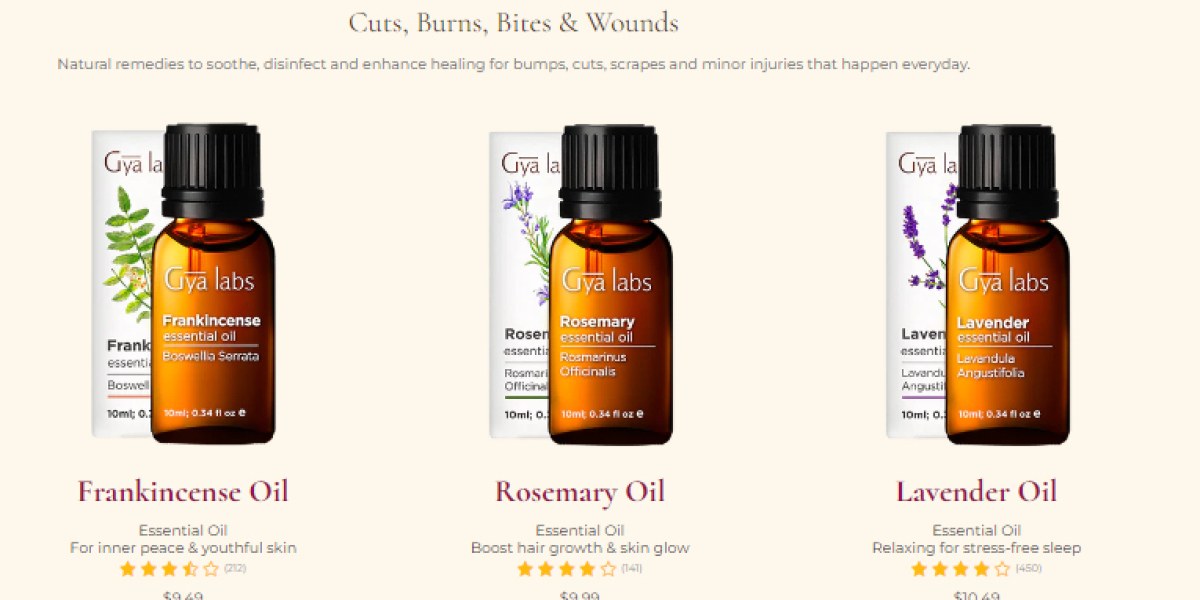Essential oils are concentrated extracts from plants that have been used for centuries for their medicinal properties. They have a wide range of potential benefits, including wound care.
Essential oils can help wounds heal faster by:
- Fighting infection. Many essential oils have antimicrobial properties, which means they can kill bacteria and other microbes that can cause infections. This is especially important for wounds that are prone to infection, such as diabetic ulcers and pressure sores.
- Reducing inflammation. Inflammation is a natural part of the healing process, but too much inflammation can delay healing. Essential oils with anti-inflammatory properties can help to reduce inflammation and promote healing.
- Promoting tissue growth. Essential oils for healing wounds can also help to promote the growth of new tissue, which is essential for wound healing.
Some of the most effective essential oils for wound care include:
- Tea tree oil: Tea tree oil is one of the most well-studied essential oils for wound care. It has powerful antimicrobial and anti-inflammatory properties.
- Lavender oil: Lavender oil is another popular essential oil for wound care. It is known for its calming and healing properties. Lavender oil can help to reduce pain and inflammation, and it may also help to prevent scarring.
- Chamomile oil: Chamomile oil has anti-inflammatory and antimicrobial properties. It can also help to soothe and calm the skin.
- Calendula oil: Calendula oil is known for its wound-healing properties. It can help to reduce inflammation and promote the growth of new tissue.
To use essential oils for wound care, simply dilute them in a carrier oil, such as jojoba oil or sweet almond oil. You can then apply the diluted oil to the wound with a clean cotton ball or gauze pad. Be sure to test the diluted oil on a small area of skin before applying it to the wound to make sure you do not have an allergic reaction.
Essential oils can also be added to baths or compresses to help promote wound healing. To make a bath, add 10-12 drops of essential oil to a warm bath. Soak in the bath for 15-20 minutes. To make a compress, soak a clean cloth in warm water and add a few drops of essential oil. Apply the compress to the wound for 15-20 minutes.
It is important to note that essential oils are very potent and should always be diluted before using. It is also important to avoid using essential oils on open wounds or on broken skin. If you have any concerns, be sure to talk to your doctor before using essential oils for wound care.
Here are some additional tips for using essential oils for wound care:
- Only use high-quality essential oils from a reputable source.
- Always dilute essential oils in a carrier oil before using.
- Do a patch test on a small area of skin before using essential oils on a wound to make sure you do not have an allergic reaction.
- Avoid using essential oils on open wounds or on broken skin.
- Do not use essential oils internally.
- If you have any concerns, talk to your doctor before using essential oils for wound care.








